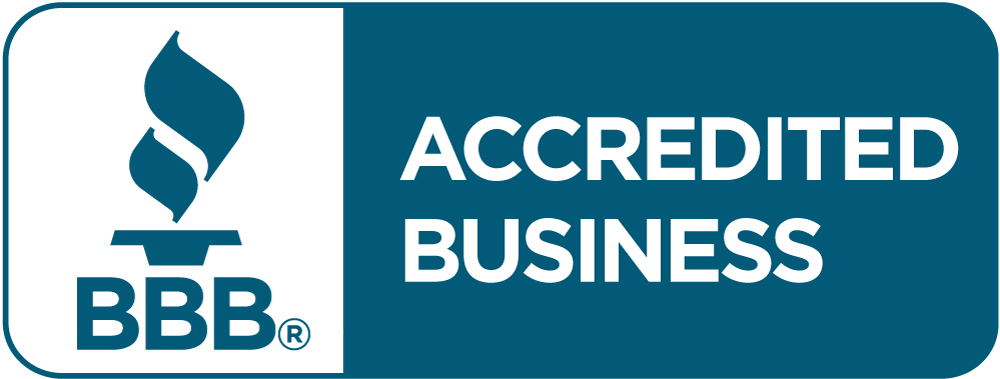Quick Links
ToggleIf you own or manage a small business, it’s important to know that recessions can be rough on your bottom line. Fortunately, there are some steps you can take to prepare for hard times ahead. From managing cash flow and inventory to reviewing prices and developing new revenue streams; we share our top six tips to recession-proof your small business.
How to prepare your business for a recession?
1. Build Up Your Emergency Fund
If you don’t already have an emergency fund in place, now is the time to start building one up. The best way to do this is by setting aside a certain amount of money each week or month. You’ll also want to put this money into a separate account from any other funds you may have. This will help keep it separate and make sure that it isn’t used for anything else other than cash flow emergencies.
2. Create a Three-Month Cash Flow Projection
If you’ve been in business for a while, you probably have a good idea of how your business has performed in previous recessions. If you don’t have this information, ask your accountant to help you create a three-month cash flow projection based on accurate numbers from previous years. This will give you an idea of what kind of cash flow you can expect during the next few months and how much money will be available for payroll and other expenses.
A cash flow projection is simply a visualization of how much money will be coming in and going out over an extended period of time. It should include the following information:
- Monthly sales figures
- Income tax payments due each month
- Other monthly expenses that affect cash flow such as payroll and rent/mortgage payments, as well as supplies, inventory, equipment leases, or loans
3. Review Your Prices
Make sure your prices are competitive and reflect the value you provide to customers. If you can show that the value your business offers is worth more than what other companies charge, then you may be able to increase prices without losing sales.
It’s important to also consider all of your costs when evaluating your prices. For example, if you buy items in bulk, it might make sense to pass on some of those savings to customers by offering discounts. Doing so could help to increase your sales, boost your revenue, and allow you to add more funds to that all-important emergency fund.
4. Manage Your Inventory
Managing your inventory is especially important in a recession since it can be difficult to predict when the market will turn around. The last thing you want is to be stuck with unwanted inventory that you can’t sell. And if you’re not careful, selling out can also be a problem; if customers don’t see what they want in stock and assume that everything’s sold out, they may not buy anything at all. Thankfully, there are a few key ways to help avoid these problems and manage your inventory without going broke:
- Make sure there’s always something available for customers to purchase.
- Don’t let anything sit on the shelf too long (or get stale).
- Don’t overstock.
5. Cut Unnecessary Costs
Cut costs by reducing overhead and other expenses where possible. It’s a good idea to look at your business model critically and see if there are ways you can reduce the amount of cash outflow without hurting its performance.
There are many ways that you can reduce your business costs, such as outsourcing some administrative work so you don’t have to hire new employees. You can also reduce your overhead by moving your business to a cheaper location. It’s important to be careful about the expenses you cut, however, as you should make sure that none of them affect the core purpose of your business.
6. Obtain an Online Business Loan
Business loans, such as term loans or merchant cash advances, can give your company the cash buffer it needs to overcome an upcoming recession.
Online lenders provide many of the same services as traditional banks and credit unions, however, they’re often more flexible in their lending requirements. This makes them a great option if you have a low credit score or other financial challenges.
Recession Proof Your Business Today
You can’t eliminate the risk of a recession from your small business, but you can prepare for it. In order to weather the storm without having to worry about how you’re going to keep your company afloat, it’s vital that small businesses have adequate cash reserves on hand.
If you need a small business loan to recession-proof your business, then Zinch can help. Contact us at (714) 500-6622 to learn more about your options. You could qualify for up to $250,000 in just 24 hours.










